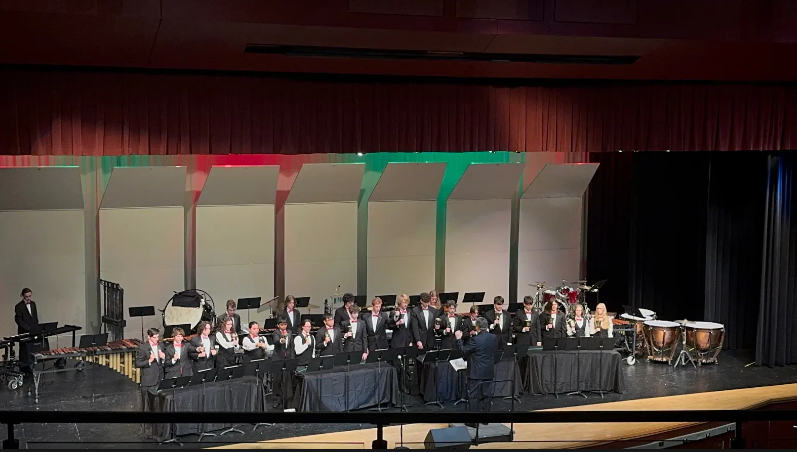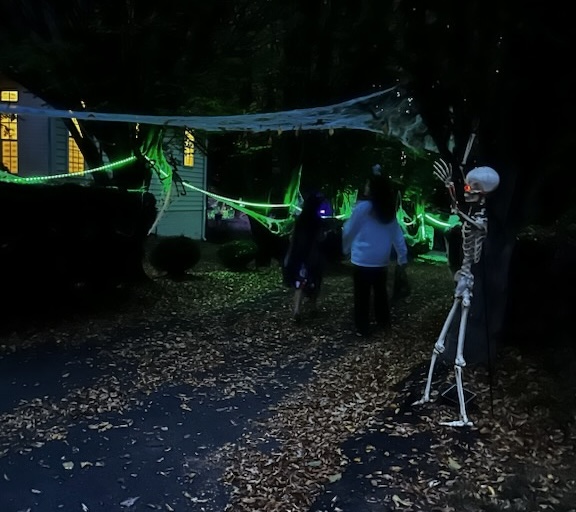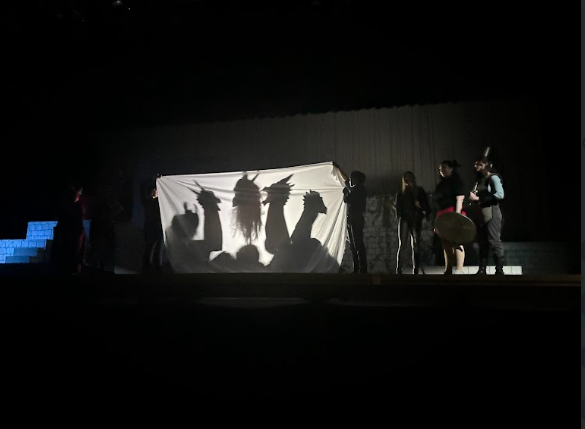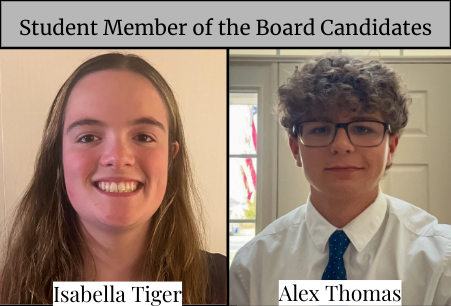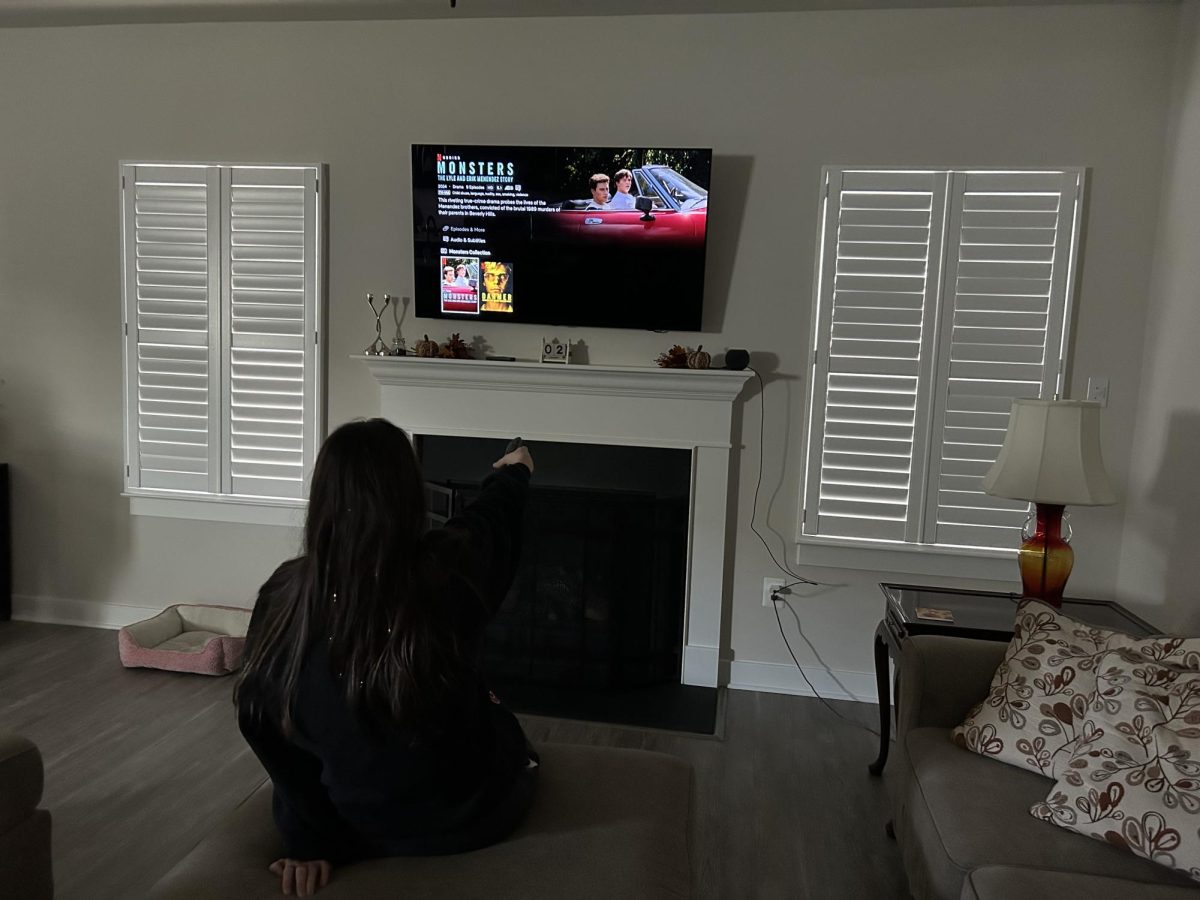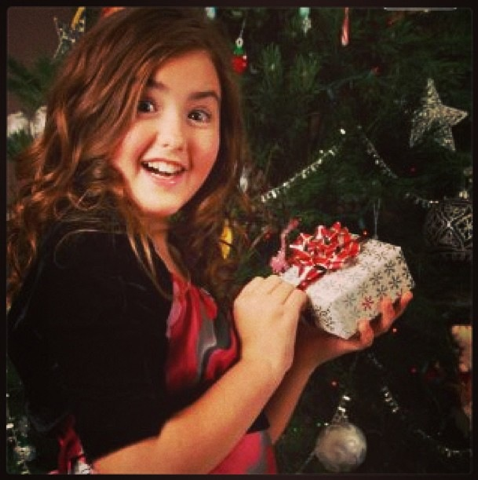
“Just because you can’t see something, doesn’t mean is doesn’t exist” – Charlie Calvin, The Santa Clause (1994)
For most people, Christmas time means twinkling lights, cheerful music, hot cocoa, and gifts under the decorated tree. When we were younger, Christmas meant a visit from THE MAN, the myth, the legend, Santa Claus.
As children, we were told that Santa was a man with a white beard and a red suit who lived at the North Pole. On the night of Christmas Eve, he flies with his sleigh and reindeer to everyone’s homes to shimmy down the chimneys and leave us gifts… if we are good.
Looking at this whole scenario as a teenager seems a little creepy. A man comes down your chimney – I don’t even have a chimney in the first place, so I guess he just walked on in the front door with his universal key – to give you gifts and eat the cookies and milk you left out for him.
When we were younger our innocent minds let us believe in the wildest things, Kris Kringle being one of them. As we got older, some of us stopped believing, and the magic of Santa Claus deteriorated.
“When we were younger and did believe, you wrote letters to him to say what you wanted for Christmas. Now, nothing is really a surprise because a lot of people, or at least me, know what they’re already getting,” says freshman Mikayla D’Ambrogio.
If you’re an avid Charlie Brown fan, you know how hard it is to write the perfect Christmas letter to Santa Claus. When we stop believing, the list of wants we create goes only a few feet to hang up on the refrigerator instead of traveling miles to the North Pole. No decorated letters, no festive post stamps, and no writing letters for the Santa Mail at Macy’s.
Writing letters is not the only Christmas tradition we lose when we stop believing in Santa.
“Every Christmas morning we go and see if Santa ate the cookies and drank the milk that we left out for him. He leaves me and my little sisters a letter telling us all the good things that we have done throughout the year,” said junior Kamryn Breidenstein. “If I didn’t have little sisters, I probably wouldn’t do the cookies and milk, but I kind of like keeping the traditions.”
Little activities like baking cookies for St. Nick and leaving out carrots for the reindeer are just a small part of the Christmas fun. When we stop believing do we start to realize the true meaning of Christmas, or does taking away our Santa Claus ruin our childhood?
“It’s a bummer, but you get over it eventually. Then, a deeper meaning is built for Christmas because it’s not all about Santa anymore, it’s about family and giving instead,” said sophomore Bryce Watson.
As we grow older, we realize the magic comes from ourselves and giving to others. We don’t give up the spirit of Santa Claus, we become Santa Claus.
“It’s fun having something to believe in. If we didn’t have Santa, we wouldn’t have any reason to bake cookies or have awesome movies,” said senior Melissa Weaver who still has the Santa spirit in her heart.
As teenagers and adults we can still keep the spirit by watching the many Christmas movies out about Santa Claus and singing catchy Christmas songs. And as we all know, the best way to spread Christmas cheer is singing loud for all to hear.
What happens when a child asks if there is a Santa Claus?
In 1897, a letter was written to the editor of the New York’s Sun, Francis Pharcellus Church, asking if there is a Santa Claus. The letter was written by eight year old Virginia O’Hanlon. The letter would later become very famous for its memorable line, “Yes, Virginia, there is a Santa Claus.” It is now displayed at the Newseum in Washington, D.C.
“Yes, Virginia, there is a Santa Claus. He exists as certainly as love and generosity and devotion exist, and you know that they abound and give to your life its highest beauty and joy. Alas! How dreary would be the world if there were no Santa Claus. It would be as dreary as if there were no VIRGINIAS. There would be no childlike faith then, no poetry, no romance to make tolerable this existence. We should have no enjoyment, except in sense and sight. The eternal light with which childhood fills the world would be extinguished.”
“I think most children just figure it out for themselves. When kids do that, it helps them grow as a people,” said Weaver.
Some of us have to go through finding out the hard way.
“In fifth grade I was so devastated when I found presents ‘from Santa’ before it was even Christmas. It does really upset you,” said Breidenstein.
“I believe in Santa Claus. I think it’s just fun to believe in. I don’t actually think there’s a man who’s going to come down my chimney and give me presents, but I believe in him,” said Watson.
So if you were wondering like Virginia O’Hanlon, Yes, Linganore, there is a Santa Claus.



